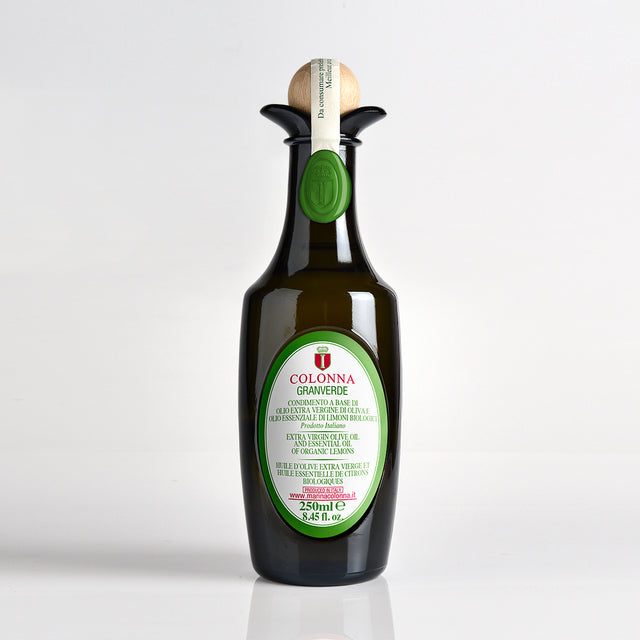The health benefits
Cancer Prevention
Can EVOO prevent cancer?
By the age of 80, the proteins in an average person’s body are 80% oxidized; oxygen, in other words, is making us go bad. Polyphenols in EVOO such as hydroxytyrosol and secoiridoid aglycones, as well as hydrocarbons like squalene, are potent antioxidants. These are natural preservatives that protect olive oil from spoilage caused by oxidation, and also help shield tissues in various parts of the human body from the assault of free radicals. Clinical tests suggest that, thanks either to these antioxidant properties or their ability to inhibit cancer cell proliferation, polyphenols in EVOO also help prevent cancers of the colon, breast, ovary and prostate glands.
Still others block the sun’s ultraviolet rays and protect against skin cancer, when EVOO is spread on the skin. “A low incidence of cardiovascular disease, dementia, and certain kinds of cancer – these are among the central benefits attributed to the Mediterranean diet,” says Gary Beauchamp. “Since the 1950s, people have accepted that EVOO, the main source of fat in this diet, is the keystone of this dietary regime”.
In 2005 Beauchamp conducted another study of EVOO and oleocanthal. The results were:
That research suggest oleocanthal possesses anti-proliferative effects in human breast and prostate cancer lines (Elnager – 2011) and (Khanal – 2011) found that oleocanthal has anti-proliferative effect and prevents tumour induced cell transformation in mice.
And In further studies since 2011 this has been confirmed many times.

A bit of EVOO in your diet may help with certain cancers
Juliette Kellow, a Registered Dietitian, along with Dr. Sarah Brewer wrote a book named EAT BETTER LIVE LONGER – Understanding What Your Body Needs to Stay Healthy. On pages 130 and 131, Olive Oil is listed as a Wonderfood. They state, “Olive Oil is a well-known ingredient of the Mediterranean diet and has many bonuses relating to cholesterol, blood pressure, age-related diseases, and cognitive function. The benefits don’t stop there thought – it may also help to prevent certain types of cancer.” On page 193, they state “Olive oil is rich in monounsaturated fat, particularly oleic acid, which can help lower cholesterol. Lab studies show that the polyphenols in olive oil, such as oleuropein and hydroxytyrosol, may also help to keep the heart healthy thanks to the potent antioxidant powers.” And, again pages 130 and 131, they discuss how olive oil is a cancer protector, Cognitive enhancer, Stroke preventor, Cholesterol controller and antioxidant. From the studies and the references included in the bibliography they found the following: People with the highest intakes of olive oil were 37% less likely to have breast cancer.
Our Recommendations for Your Health
All of our extra virgin olive oil products are rich in polyphenols and high quality vitamins. Olive oil may reduce the risk of developing a plethora of diseases and medical conditions, including certain types of cancer. A basic kitchen staple, extra virgin olive oil is considered an essential cooking oil at home that also enriches your food with vital anti-inflammatory antioxidants. Cooking extra virgin olive oil with your meals will incorporate these valuable nutrients into your diet, while also adding a delicious flavor to your food. There are countless ways that the effects of olive oil can be noted in your life, but improving and protecting your health is perhaps the most notable.



